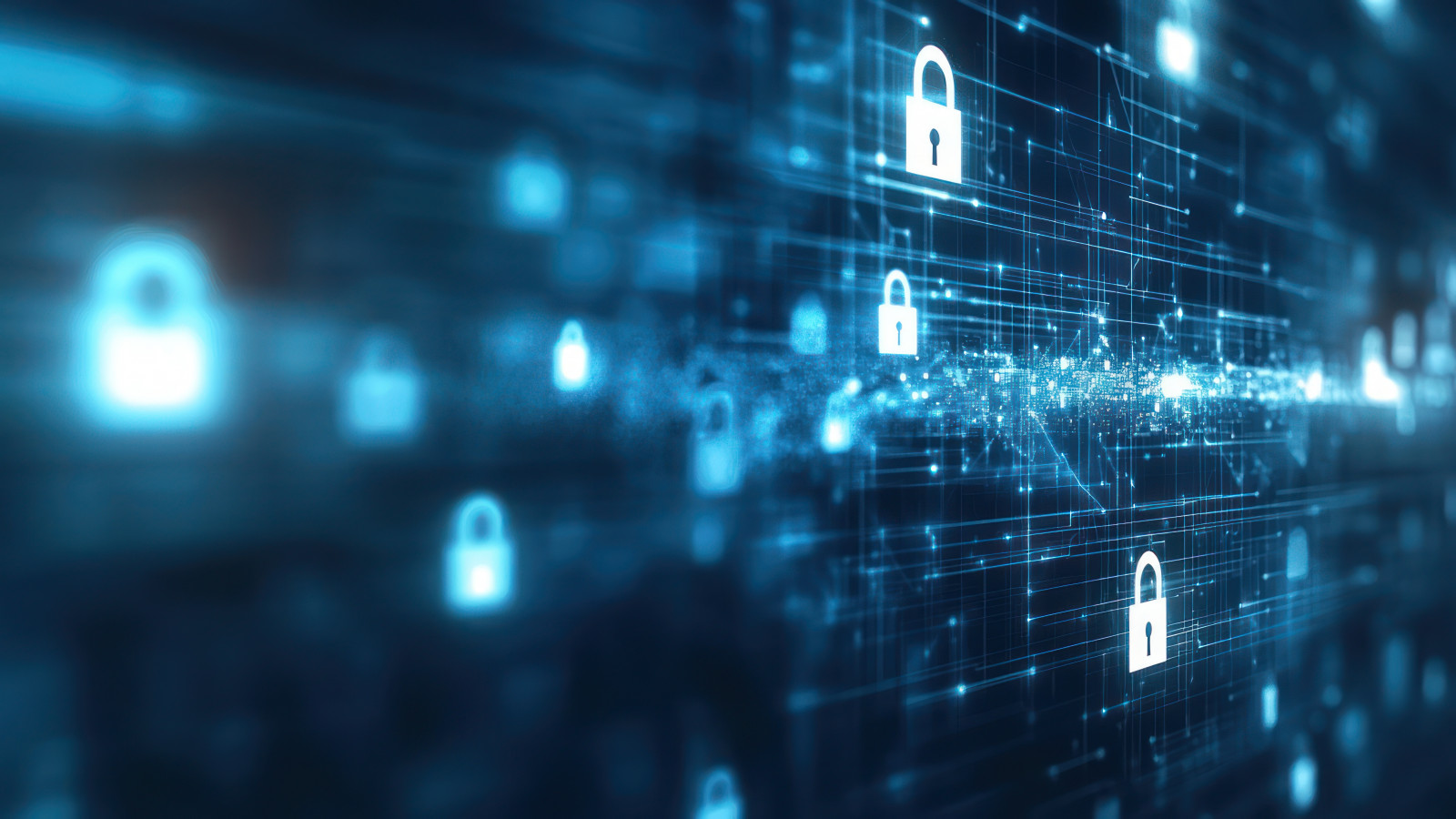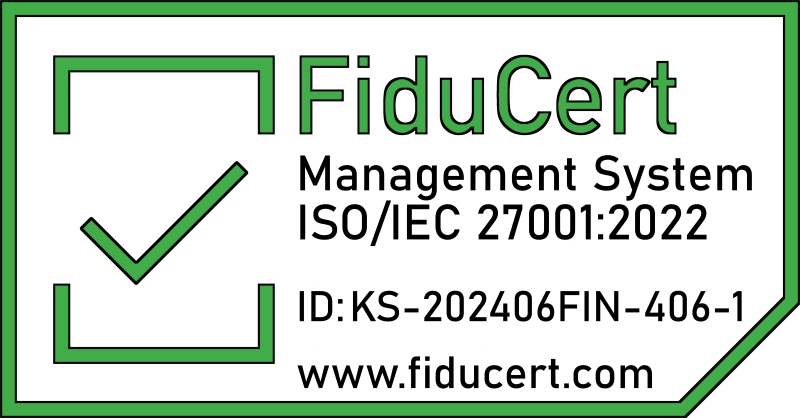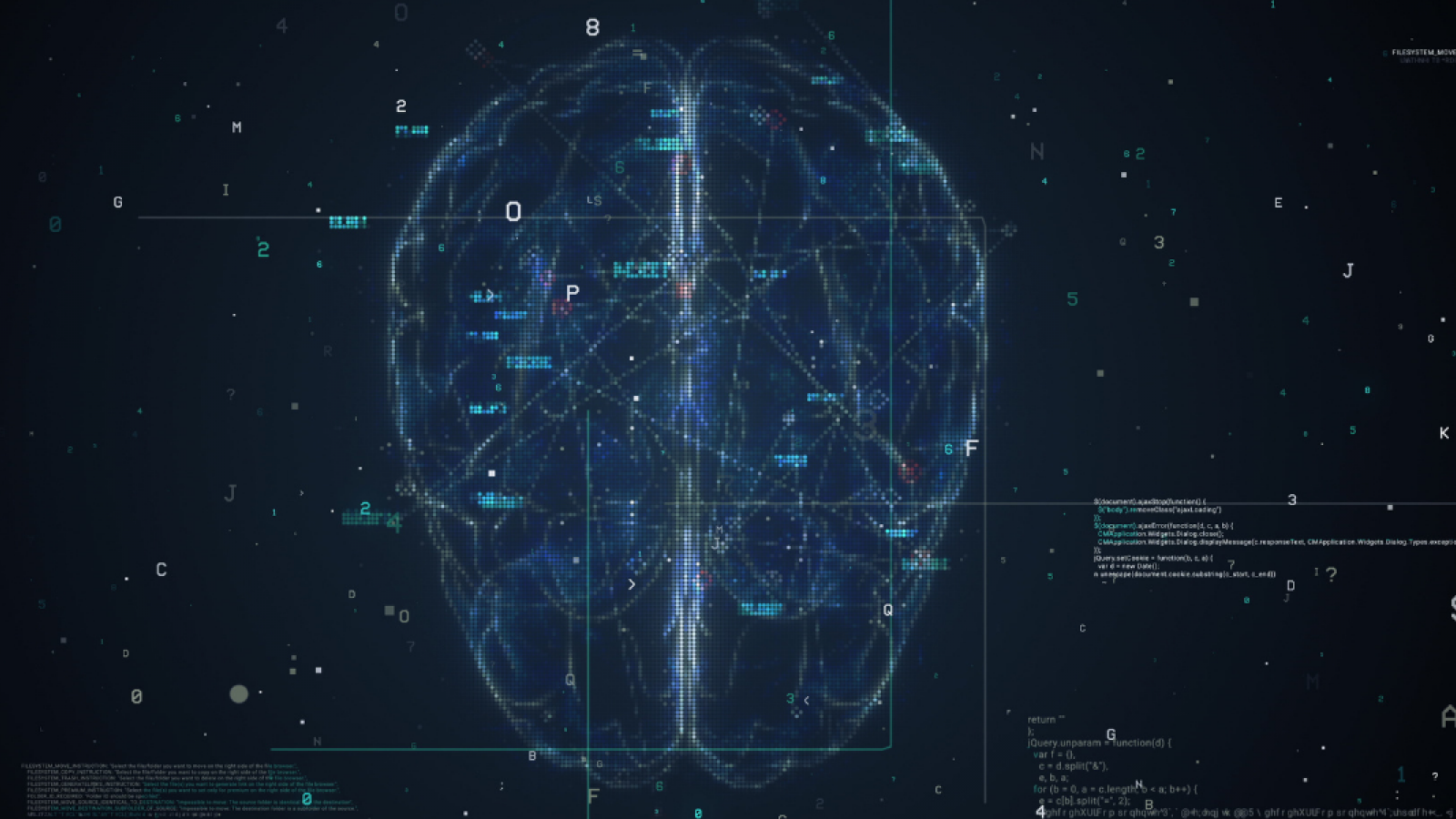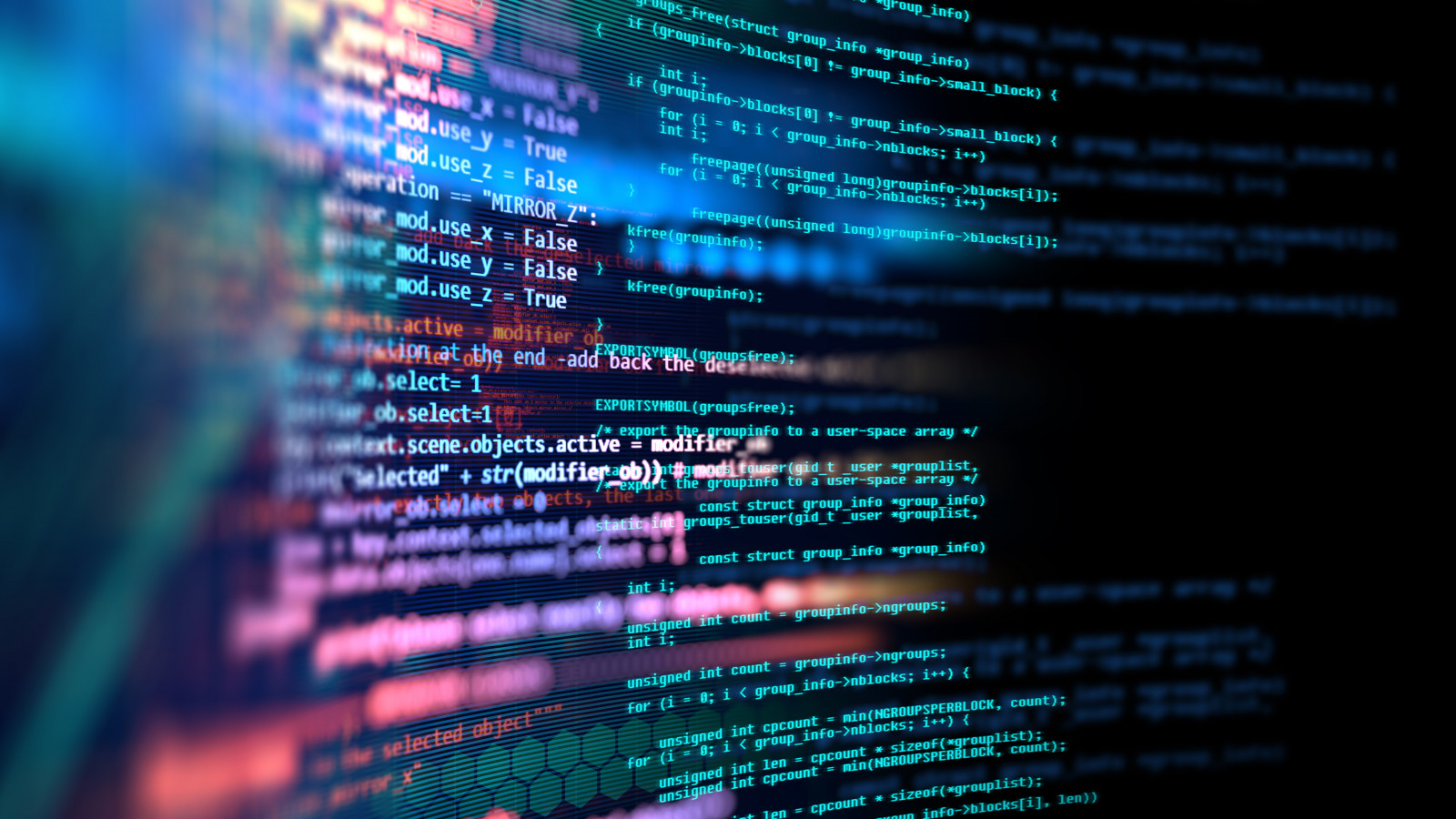
The path to ISO 27001: Insights into the certification process
Julia works at FIDA as a business consultant and was heavily involved in the ISO 27001 certification process. In this interview, she talks about how the project started, the hurdles that had to be overcome and the lessons she learned from the introduction of the information security management system.
Congratulations on your ISO 27001 certification! For many, this sounds technical at first. What does this award mean in concrete terms for FIDA customers?
The ISO 27001 certification is an important milestone for us and a clear sign of trust for our customers. Specifically, this award means that we at FIDA systematically and demonstrably focus on information security. Our processes, technologies and the entire team work according to clearly defined and internationally recognized standards that meet the highest requirements for data protection, confidentiality, integrity and availability.
For our customers, this means that they can rest assured that their sensitive data is in the best hands with us. Whether it's AI-powered solutions, data analytics or other digital services, they can trust us to handle their information with the utmost care and security. This certification is a further sign that we focus not only on our technological innovations, but also on protecting the data that forms the backbone of our solutions.
What areas of security does ISO 27001 cover - and why is it particularly relevant for a company that offers AI and data solutions?
ISO 27001 is a comprehensive standard that covers all essential security areas to implement a robust information security management system. This includes areas such as access control, encryption, data backup, risk management, security policies, emergency management and much more. This holistic coverage enables us to specifically identify, assess and minimize security risks.
For a company like FIDA, which specializes in AI and data-based solutions, this certification is particularly relevant. Our work is based on the processing of large volumes of sensitive and often business-critical data. The quality, security and reliability of this data are crucial to the success of our solutions and ultimately to the success of our customers.
What was the biggest challenge on the way to certification - and what insights were gained regarding existing processes?
Time was definitely a critical factor. Making a company completely information-secure requires intensive analysis. There is a risk of getting lost in the details and losing the overview. Ultimately, all processes have to work together harmoniously. This experience has given us valuable insights into how to optimize our existing processes.
Many providers advertise 'high security standards'. What distinguishes genuine ISO certification from pure security promises?
A security promise is based solely on trust. With ISO certification, on the other hand, this promise is backed up by facts. An independent certification body audits the company on site: an auditor analyzes the processes, talks to the employees and ensures that the requirements of the ISO27001:2022 standard are met. In this way, certification provides objective confirmation that the highest security standards are actually being implemented - and this goes far beyond mere statements.
ISO 27001 is a milestone - but not an end point. How does FIDA maintain a high level of security in the long term, especially in an environment as dynamic as AI and data?
The key word is continuous improvement. A core component of ISO 27001 certification is to establish a process that ensures continuous development. This means that we regularly review our processes to ensure they are up to date and efficient. At the same time, we focus on knowledge transfer and training: our employees are actively encouraged to undergo further training and exchange information on topics relating to information security and technology. In this way, we always keep our finger on the pulse.




